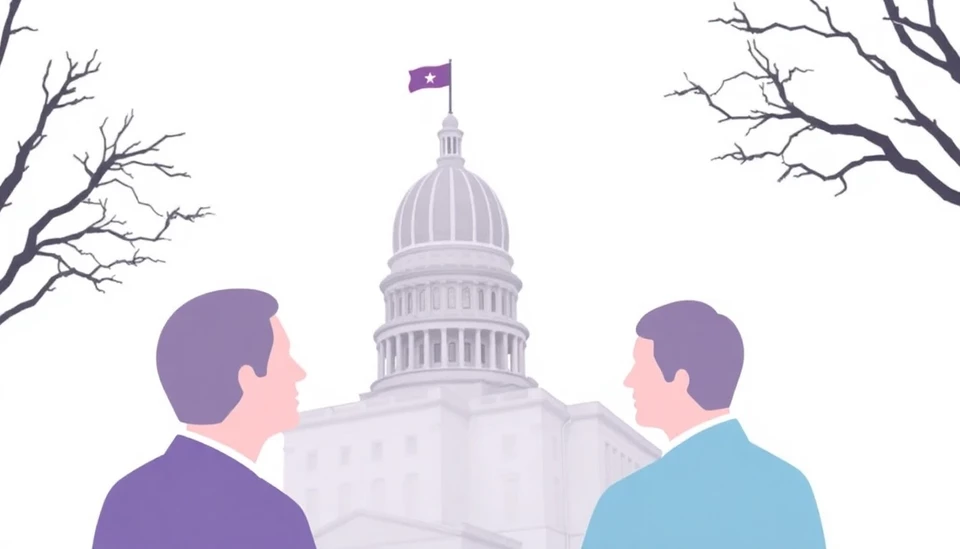
In response to escalating budget shortfalls, the Illinois House has taken a significant step by establishing a new panel specifically dedicated to overseeing the state’s pension systems. This move, which is being touted as essential for addressing the alarming financial trajectory, reflects lawmakers' growing concerns over the sustainability of Illinois' pension obligations.
The establishment of the pension oversight panel comes during a critical time for the state, as forecasts predict a widening budget deficit that could strain public finances even further. With the state grappling with an unfunded pension liability estimated at over $140 billion, the urgency for a strategic review has never been higher.
House Speaker Emanuel “Chris” Welch emphasized the importance of oversight in his comments on the initiative. He stated that the panel would provide crucial transparency and allow for informed discussions regarding potential reforms to the pension systems. The goal is to ensure long-term financial viability while protecting the interests of current and future retirees.
As the panel begins its work, it will focus on evaluating the current structures of pension systems and consider various reform proposals. Legislators from both parties have acknowledged the complexity of the pension challenges, yet there is a shared recognition that decisive action must be taken to avert financial instability.
The move to form this oversight panel arrives at a time when many states are reevaluating their pension commitments amid economic pressures, including rising inflation and increased demands on public services. Analysts have pointed out that Illinois' heavy reliance on borrowing to address its financial challenges may lead to more complicated fiscal problems down the line if left unchecked.
In recent years, attempts to reform Illinois' pension systems have faced considerable political hurdles, underlining the delicate balance lawmakers must strike between the demands of public sector unions and the fiscal realities of the state. The new panel hopes to foster a cooperative dialogue on how to navigate these tumultuous waters more effectively.
Moreover, the Illinois pension funding crisis poses not only a financial risk but also potential socio-economic ramifications. If pensions are underfunded, it could lead to diminished retirement security for public employees, potentially affecting the morale of current workforce members in vital public sector roles.
As the panel convenes, its proceedings will be under public scrutiny. Stakeholders, including public sector unions, advocacy groups, and economic experts, are keenly watching how decisions will shape the future of fiscal policy in Illinois. The goal is to ensure that the resolutions developed from the panel's findings align with equitable and sustainable outcomes for all involved parties.
With the formation of this pension oversight panel, Illinois lawmakers have shown a commitment to tackling one of the state's most pressing financial issues. As discussions unfold, the effectiveness of this initiative will become clearer, serving as a crucial test of political will amidst ongoing budgetary strife.
To summarize, the establishment of the pension panel marks a proactive initiative by the Illinois House in addressing the growing budget shortfalls and the need for pension reform.
#IllinoisPensions #BudgetShortfalls #PensionReform #PublicFinance #EconomicPolicy #EmanuelWelch
Author: Daniel Foster




